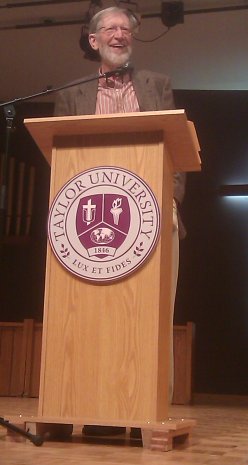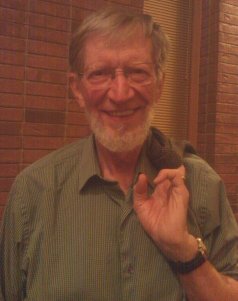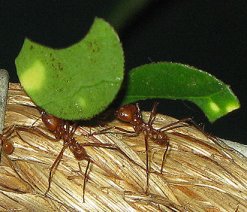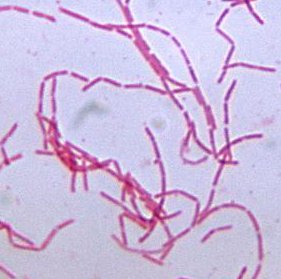In my two previous posts, I reported on a lecture series given at Taylor University by world-renowned philosopher Dr. Alvin C. Plantinga. In this post, I want to discuss his final lecture, which was, by far, the most interesting of the three.
As was the case with his other two lectures, Dr. Plantinga began with a couple of funny stories. He then jumped into the topic at hand, which is how science should deal with divine action in the world. Not surprisingly, there are many who think that any consideration of God taking action in this world is an assault on science. For example, he quoted Dr. H. Allen Orr, a professor of Biology at my alma mater (The University of Rochester), as saying:
It’s not that some sects of one religion invoke miracles, but that many sects of many religions do…I agree of course that no sensible scientist can tolerate such exceptionalism with respect to the laws of nature.
Surprisingly, enough, however, there are many theologians who have the same view. Dr. Plantinga noted that Rudolf Karl Bultmann (a Lutheran theologian), John Macquarrie (an Anglican theologian), and Langdon Brown Gilkey (an American Protestant theologian) all agree that modern science forbids God to do any miraculous works. As Dr. Plantinga noted, these theologians believe that since God put the natural laws in place, even He cannot break them.
Continue reading “Alvin Plantinga on Divine Action and Science”






